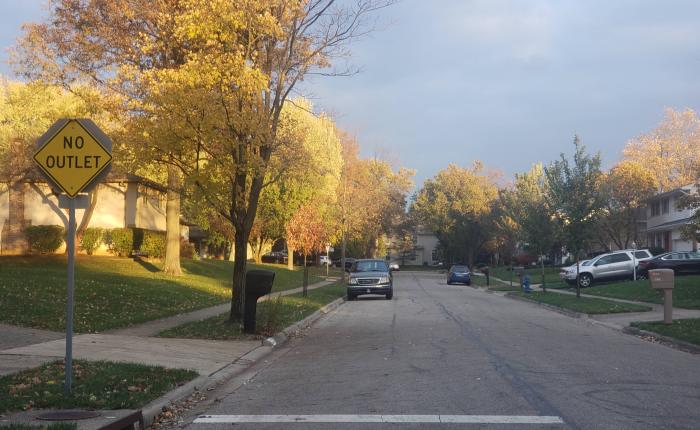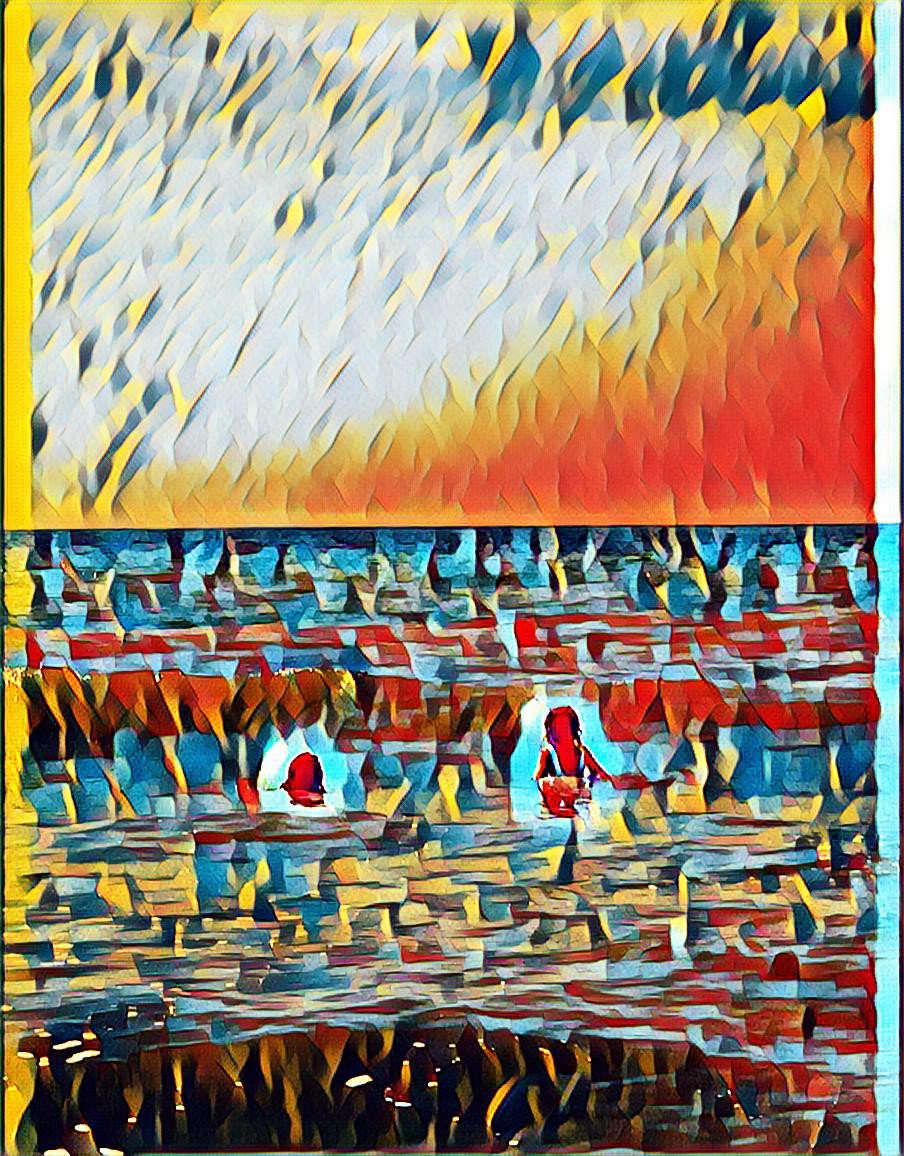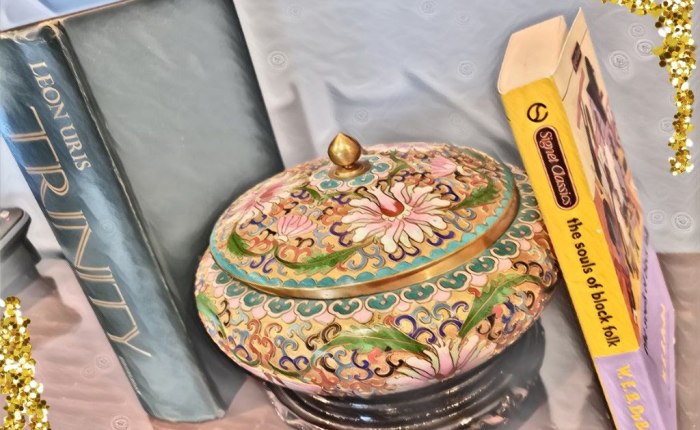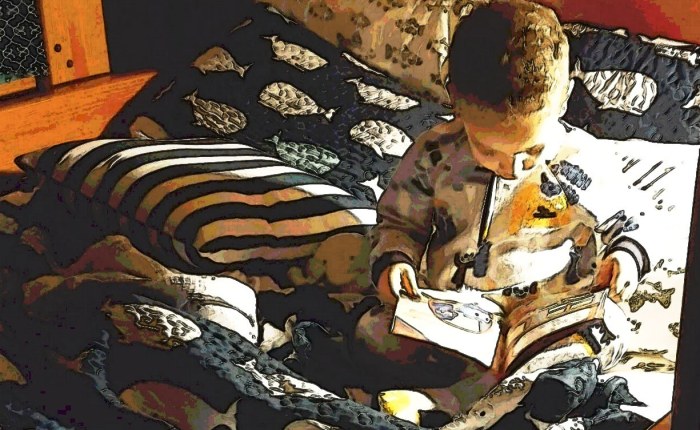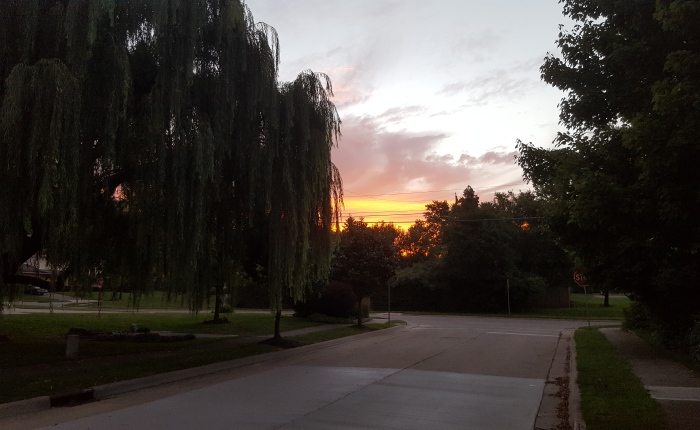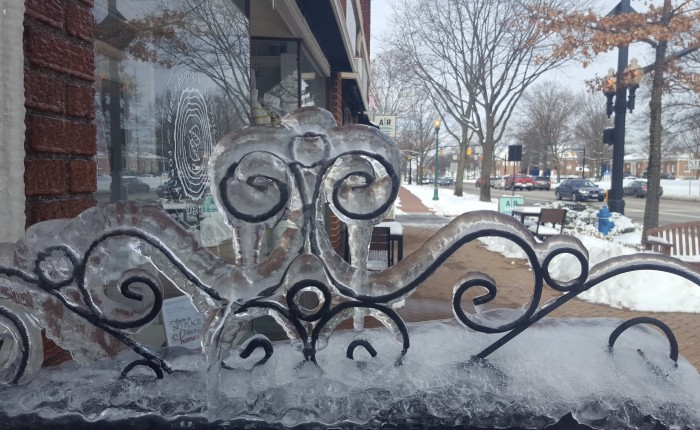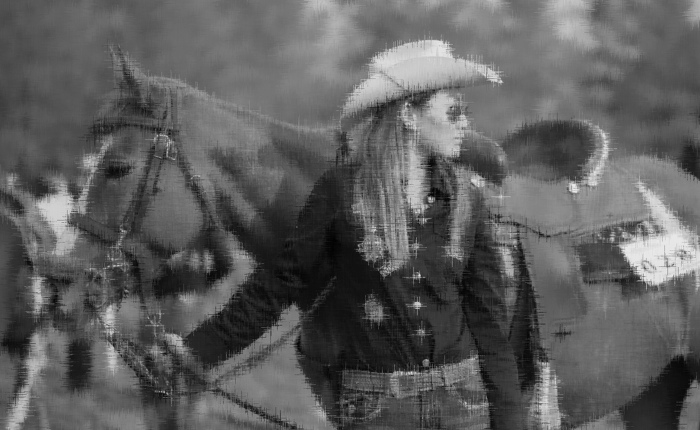This post has spent 10 months, and counting, as a draft. The first draft was a little giddy, a little overwhelmed, and a little OCD. My mind was occupied with questions like: holy moly how are we going to keep up with work and adult-ing while also keeping the kids occupied and content? Yikes, I just touched my face. I should go wash my hands. And my face. And rinse out my mouth with mouthwash. Do I need to wipe down my keyboard? Yup; better safe than sorry. How do my children, who spend all day in pjs, still manage to generate so much laundry? Oh, and the toilet paper! Seriously? And why toilet paper? What is wrong with people? Also, wouldn’t this be the perfect time for America to be introduced to the bidet?
I also had an optimism that in retrospect makes me feel nostalgic. This is a forced pause on life, I thought, and so it is a wonderful chance to still our minds and really, deeply take stock of life. How are we doing? What are we doing? Am I doing what I want to be doing? Living according to the values I espouse? What can we learn from this forced freeze of life and the busy-ness that seems to follow us every day?
But as the weeks rolled past, and the finish line kept moving back, I started observing other things. How, for example, people were reacting so differently to this thing. There were those mourning the loss of social gatherings and even daily interactions with work colleagues, or for the kids, their classmates. And then there were those who just said, “I’ve got my drink of choice and a pile of books. See ya. Someone come get me when this is all over.” I saw it even in my kids. Same genes, same household, and such different personalities: the introvert who would go hole up at every opportunity, the structure-craving child who started (and still starts) every day with, “what’s on the schedule for today?” And the laid back child who wanted something to do and didn’t really care what it is as long as someone else was doing it too.
I’ve also noticed how this increased time at home together was making our family grow closer, as we’ve spent more hours this past year than ever before playing games, watching movies, taking hikes, or working on puzzles together. Then at moments I’d think, did I really think my kids were growing closer? Then why did one just perform a maneuver that I’m pretty sure was designed to break the other’s leg? Console one, scold the other. And breathe, mama.
Then of course, as if the pandemic wasn’t enough, racial injustice, as old as America itself, came into Americans’ frame of focus in the form of police brutality. Important, necessary conversations started happening. People showing up in huge numbers across the country forced us as a society to begin a new chapter in the work of reckoning with this ugly legacy. It is work that will not and cannot be marked “done” with a simple reading of a certain book or watching of a recommended movie. There is much more to say on this, and much of it is being said. (I’d love to add my voice to the discussion in a longer reflection, but that is a post for another day.)
When change happens sometimes, it happens in leaps. Inequities in the effects of this pandemic on different segments of society, layered with racial injustice, have laid the groundwork for just such a leap. And I’m praying every day that we land in a better place than we are now. It’s up to us to make sure we do.
Add one more layer on: the jeopardy of our democracy. Guardrails have been and are being tested in a way that haven’t been seen in my lifetime anyway. On the one hand, any half-way informed or engaged citizen is learning more than they ever did about how our elections work, about why evidence is important to proving something, and about the difference between having an opinion, and believing that opinion is fact, then acting on it in ways that are harmful. That engagement and awareness are a silver lining to all this. On the other hand, an alarmingly high number of people believe, as fact, allegations about our elections, courts, etc. that are simply not true. And they don’t know how to, or don’t think to, research those allegations enough. Or they don’t want to, because they want to believe what they believe. So where do we go from here?
Perhaps it is the irony of these days that is so disorienting. In civic life, we are having important conversations and sharing earth-shifting ideas. Ideas of how to achieve equality, and what level of equality is justified. Ideas of where to find common ground. Ideas of how to heal our damaged and polarized country. (I’d love, again, to explore these ideas more in a future blog post.) Exploring these ideas and the arguments being made takes time and energy, and I am encouraged to see new people taking the time, spending the energy.
And yet, in our private lives, or at least my private life, it’s a lot like a very bland Groundhog Day. There’s a daily routine. Morning: get dressed in comfortable clothes if I don’t have to physically go into work (never mind that these clothes are a decade old), with not a lick of makeup or attention to my ever wilder hair. (And on days I do have to go to work, “normal” clothes are shed in favor of my unfashionable loungewear within 15 minutes of being home.) In the evening: reverse. Back into pjs, preferably, but not always, after walking the dog. Put couch cushions and throw blankets that have migrated onto the floor back in place. Clean the kitchen. Repeat the next day, and on.
Here’s what is not repetitive. The daily decision of how I will think, and how I will act. Doom-scrolling is real. There have been days and weeks over the past year where it literally felt like something historic was happening every hour. It’s been hard not to check for news updates compulsively. But I do have a choice, and I could choose to pay attention to something else, something also worthwhile and over which I actually have control, for a while. After all, the world does not need me personally to be updated on every event the moment it happens. Some days, I’ve failed miserably at that. Like I said: doom-scrolling.
But what I’m becoming more and more convinced of is that while we cannot individually change the world, our individual acts can improve another individual’s world. And in this way, small kindnesses and acts of optimism in the aggregate do change the world. I did not, of course, come up with this idea (Mother Theresa, for one, said it in many ways). But I have found it to be especially important in these times, when the opportunities have been so abundant for individuals to show the best, and the ugliest, sides of humanity.
Every day offers a new opportunity to choose faith, and hope, and love, over worry and fear. We may fail some days, but the important thing is to get up and try again. It’s just like in the before times, when we were striving for so many things (training for a race or ride, or getting that next belt in Tae Kwon Do, or learning to play that new piano piece perfectly). We’d fail and we’d try again. Our striving these days, should we choose to accept the challenge, is more internal. It takes practice, and trying again after failure, to choose to love, to choose to have faith.
For my family, I’m not sure how we’re going to reacquire “normal” life once COVID-19 isn’t hanging over our days. I don’t think we will go back to that life. I don’t think we’ll want to. And I don’t think that’s entirely a bad thing.
